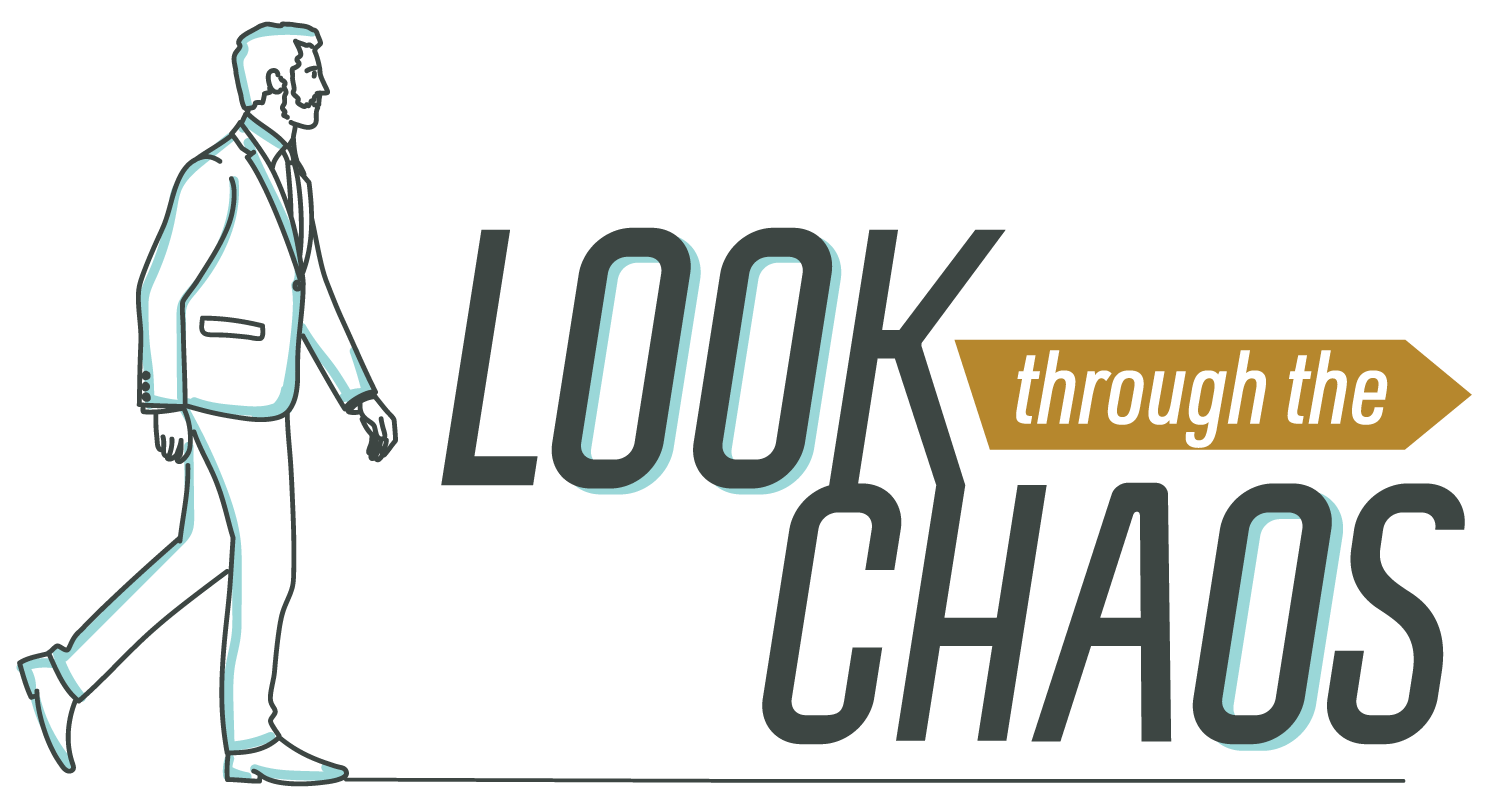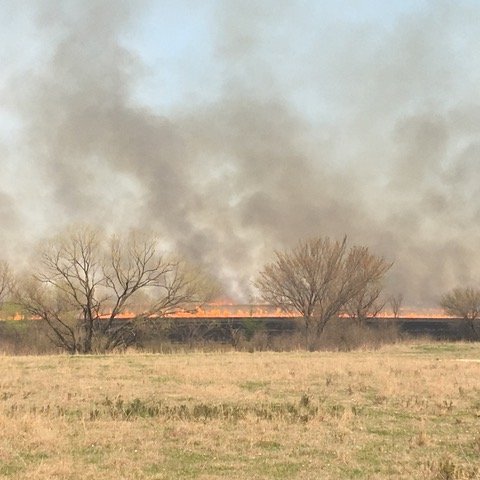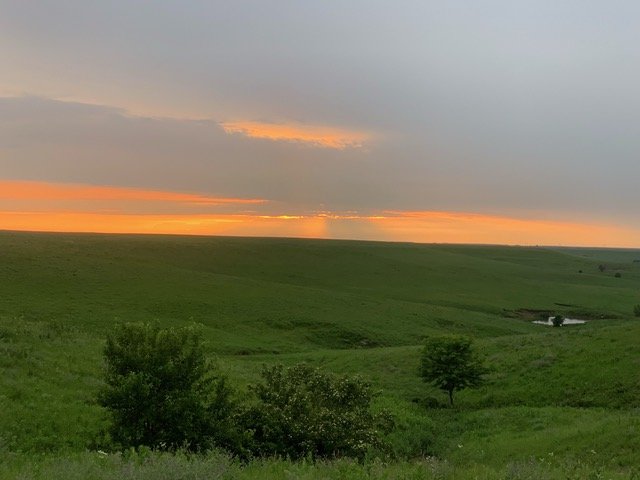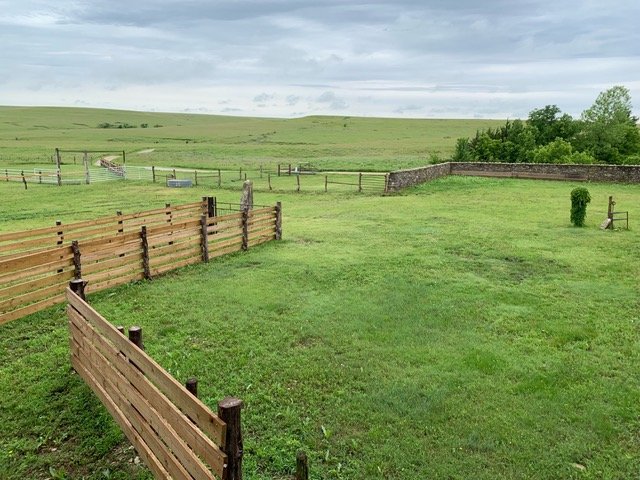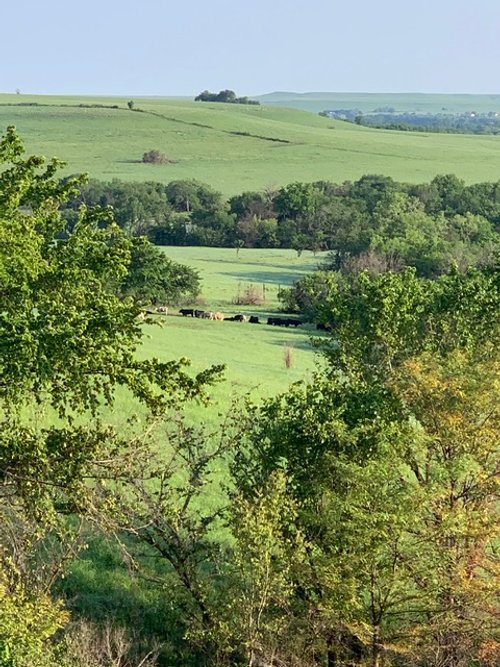Prairie Fire
“Won’t you look down upon me Jesus,
You’ve got to help me make a stand.
You’ve just got to see me through another day.
My body’s aching and my time is at hand.
I won’t make it any other way.
I’ve seen fire and I’ve seen rain.
I’ve seen sunny days that I thought would never end.
I’ve seen lonely times when I could not find a friend.
But I always thought that I’d see you again.”
I write you this while spending some weeks in the beautiful Flint Hills of Kansas, in the town where my mother was born during the opening months of World War I. Much of the landscape around here is made up of rolling hills covered with native bluestem grasses upon which cattle graze. It is a bucolic scene.
The ranchers here set these hills on fire in spring nearly every year. Before the white man came, the Indians did the same. And of course, God has done this using lightning strikes since the beginning of time. After a prairie fire, the ground is black and it has a nearly apocalyptic look to it. What was lush just a day earlier now looks like a barren wasteland.
But within a matter of hours, particularly if a thunderstorm rolls by, green shoots have already started to rise through the ashes. A couple of weeks later, the green of the newly growing native grasses is so bright that no photo can truly capture the radiance. Within a short time, it is hard to imagine that this land had completely burned.
Burning the prairie is necessary for the long-term health of the land. Environmental groups and ranchers may differ on some things. But they agree on this. If no burning occurs, invasive weeds grow up and eventually choke off the bluestem. The native is still there but it does not thrive as it competes with seedlings that have blown in from other places. Left alone, the native grasses might give away completely and the beauty of the prairie would be lost. Those grasses are also what make for fat and happy cattle and increasingly once again, fat and happy bison.
The fire destroys. But it also cleanses and renews. Without it, the land remains but its vibrancy is lost.
Economies are much like the prairie. Occasionally, a fire is necessary to kill the weeds and burn out the deadwood so that the green shoots of prosperity and growth can flourish. The fire is destructive, no doubt. There will be pain in some quarters from the fire and the smoke. Even the things you want to preserve are affected by the fire and suffer from it. But without the periodic fire, the non-productive weeds take over and there will be no future growth.
The Federal Reserve and other central banks seem to want to make sure a fire never burns. If they see one, they try to stamp it out, even if it is only the weeds that are burning. The closer we get to an election where the incumbent is vulnerable, the more they seem to want to ensure that no fire occurs anywhere.
That is unnatural and it is wrongheaded.
Leaving the analogous prairie for a moment, the economy today is full of “zombie businesses” that don’t make money and will never make money. They subsist on “free cash” from the pandemic. These businesses absorb capital and resources that would be more productive if put to use in profitable endeavors. There are whole industries out there starving for capital to produce energy and make industrial products and mine for minerals and metals. Society needs all those things and the more we produce the lower the prices, and therefore inflation, can be. But instead, that capital and much employment chase shiny objects promising very high risk but potentially massive returns. Some people make money. But most of that capital will be lost.
Now, I’m not suggesting that we need to hasten a recession or worse. The debt building in society is so massive that the risks of something much worse than a garden variety recession are too high. But to keep running gigantic deficits and keeping interest rates artificially low and liquidity very high in order to try and never have an economic downturn is just running against the laws of nature and economics and makes the next downturn more likely to be hard and deep.
We should accept that unprofitable businesses will have to close, jobs will be lost, and debts will not be repaid. And yes, the stock market will go down. But capital will go to create new and better businesses, jobs will return and new loans can be made. And the market will rise again. Better we let some of this happen soon than expect we can prevent it from ever happening.
When you light a prairie fire, you want to make sure the wind is not blowing such that you lose control of the fire, and it burns down your house and barn. That has happened. If you do it correctly, there is some pain from the smoke and blackness for a short time. Then the rains come and the growth and beauty become spectacular leading to a bright tomorrow.
But if you think you never have to burn that grass, you will have a very unproductive and nasty-looking field for some time. Then at some point, God will send the lightning strike down to start His own fire. You won’t be able to control that one, and your house may burn down as a consequence.
I have included a few photos taken by me after the prairie burns last spring including one of our cattle on our property here. I am not a professional and they do not do justice to the views here. But maybe you will get the idea.
Hopefully, our leaders will get the idea as well.
I remain respectfully,
Congressman John Campbell
Drive fast & Live free
